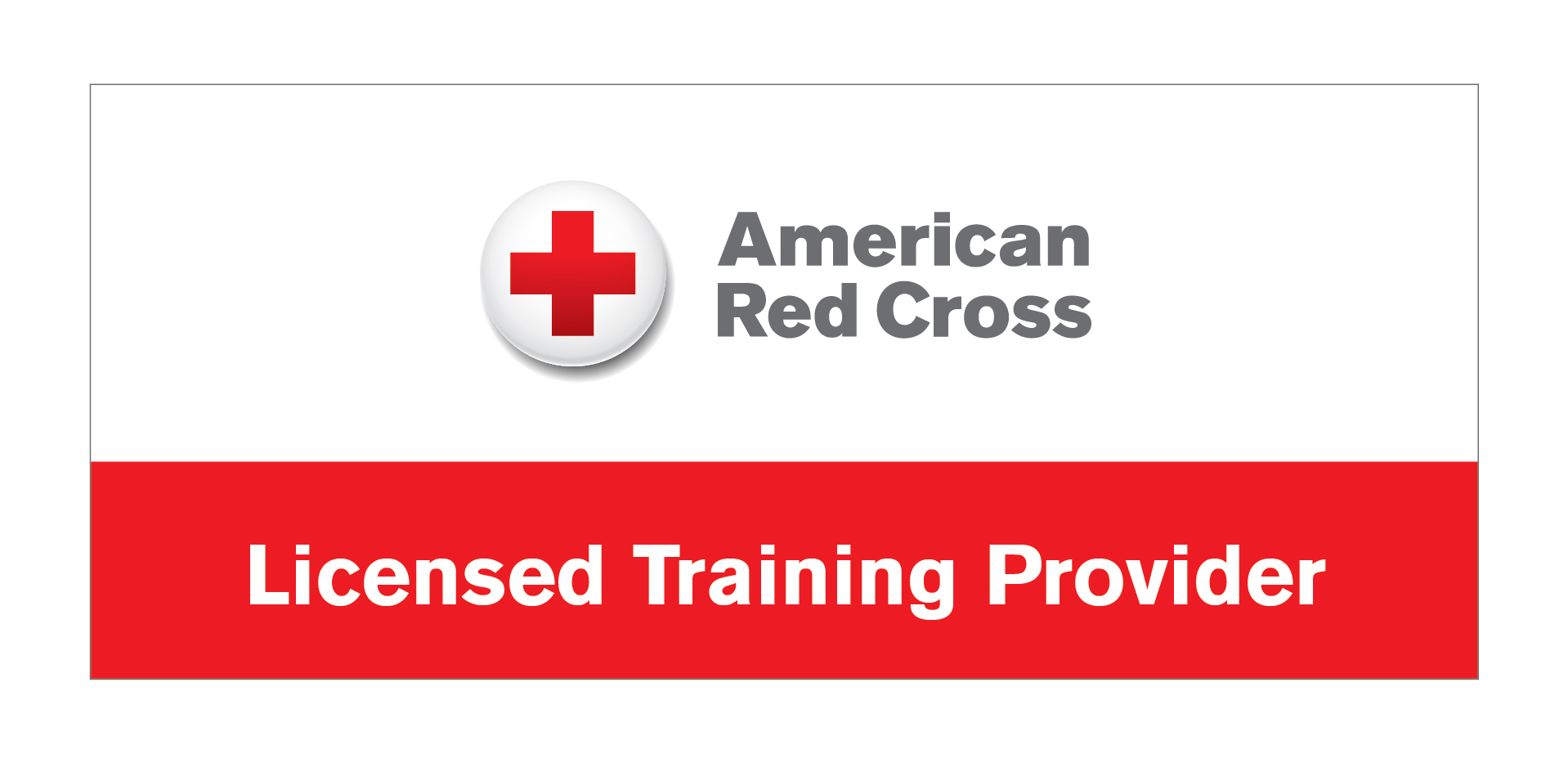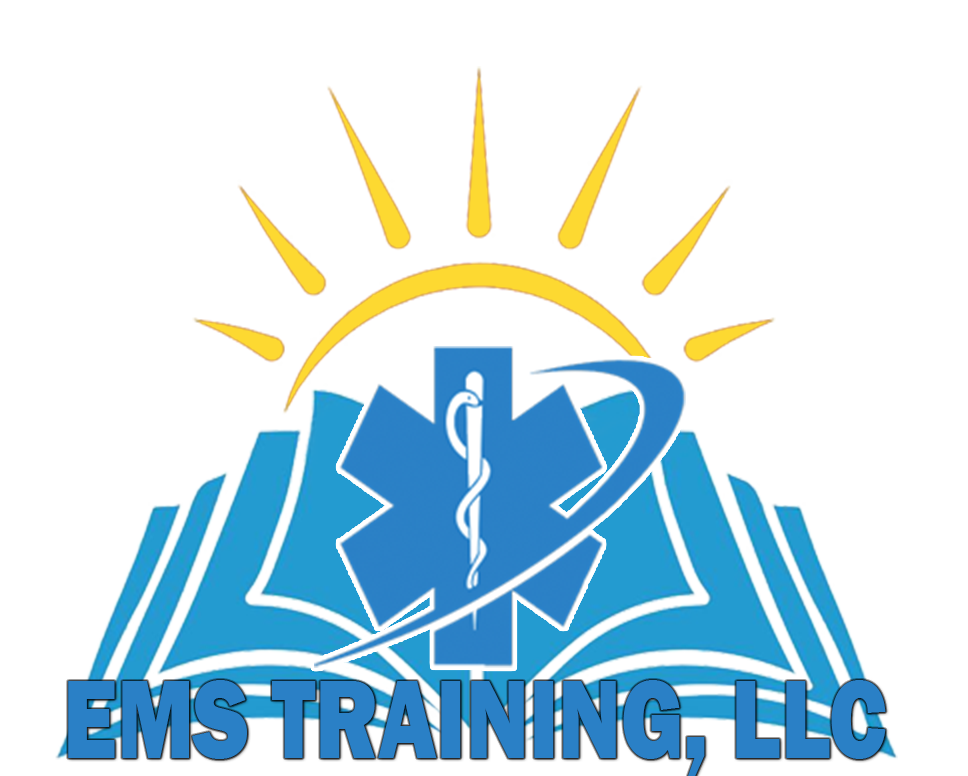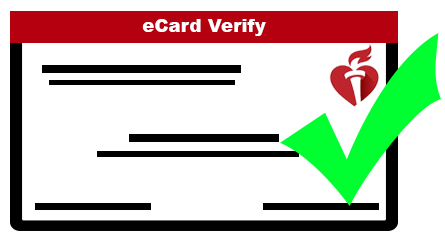BLS Online with in Person Skills Session
Description
Online portion of BLS blended learning that will prepare students for hands-on practice and testing of BLS skills
- Updated to reflect new science in the 2020 American Heart Association Guidelines for CPR & ECC
- The learner has a choice of completing a pre-hospital or in hospital contextualized track.
- Learners follow a continuously adapting learning path that is personalized by the learner’s own inputs: Their performance, and their self- reported confidence level related to each probe. The course content is presented in the form of self-directed learning content, probes and Cognitive Assessment Activities.
- After completing the online portion, students will attend a structured, Instructor-led hands-on session that focuses on meaningful skills practice, debriefing, team scenarios, discussions of local protocols and skills testing.
- Learners may select to take the course in the following languages: U.S. English, International English (IVE), Chinese Simplified, Japanese, German, Italian, Portuguese, and Spanish.
HeartCode BLS is the American Heart Association blended learning delivery method for the BLS Course. HeartCode blended learning delivers quality resuscitation education regardless of where providers are located and gives them more control to complete the course at their own pace. Providers first complete the online portion of HeartCode BLS and then complete a hands-on skills session with an AHA BLS Instructor or on a simulation station.
This product has been updated with new science from the 2020 Guidelines for CPR and ECC and replaces the previous version (15-3254). If you are a student, please confirm with your Training Center that this is the appropriate product for your training.
How does the 2020 Guidelines version of HeartCode differ from the 2015 Guidelines version of HeartCode?
The 2020 Guidelines HeartCode uses a personalized adaptive algorithm that sets students on the most efficient path to mastery. Students follow a continuously adapting learning path that is personalized by their own inputs: their performance, and their self- reported confidence level related to each probing question. The course content is presented in the form of self-directed learning content, probing questions, and Cognitive Assessment Activities (CAAs).
Accreditation Terms
Joint Accreditation: 10/21/2020 – 10/20/2023
CAPCE: 10/21/2020 – 10/20/2023
Joint Accreditation Statements
In support of improving patient care, this activity has been planned and implemented by The American Heart Association. The American Heart Association is jointly accredited by the Accreditation Council for Continuing Medical Education (ACCME), the Accreditation Council for Pharmacy Education (ACPE), and the American Nurses Credentialing Center (ANCC), to provide continuing education for the healthcare team.
AMA Credit Designation Statement - Physicians
The American Heart Association designates this live activity for a maximum of 1.00 AMA PRA Category 1 Credits™. Physicians should claim only the credit commensurate with the extent of their participation in the activity.
AAPA Credit Acceptance Statement – Physician Assistants
AAPA accepts certificates of participation for educational activities certified for AMA PRA Category 1 Credit™ from organizations accredited by ACCME or a recognized state medical society. Physician assistants may receive a maximum of 1.00 hours of Category I credit for completing this program.
AANP Credit Acceptance Statement – Nurse Practitioners
American Academy of Nurse Practitioners (AANP) accepts AMA PRA Category 1 Credit™ from organizations accredited by the ACCME.
ANCC Credit Designation Statement – Nurses
The maximum number of hours awarded for this CE activity is 1.00 contact hours.
ACPE Credit: 0.75 Contact Hours. Universal Program Number: JA0000134-0000-20-044-H04-P
Continuing Education Accreditation – Emergency Medical Services
This continuing education activity is approved by the American Heart Association, an organization accredited by the Commission on Accreditation of Pre-Hospital Continuing Education (CAPCE), for 0.75 Advanced CEHs, activity number 20-AMHA-F3-0098.
By claiming CAPCE credit, the claimant acknowledges the following: I understand that the American Heart Association as a requirement of CAPCE accreditation will submit a record of my course completions to the CAPCE AMS. I further understand that my course completion records may be accessed by or shared with such regulators as state EMS offices, training officers, and NREMT on a password-protected, need-to-know basis. In addition, I understand that I may review my record of CAPCE-accredited course completions by contacting CAPCE.
Disclosure Policy All persons who develop and/or control educational content in CME/CE activities provided by the American Heart Association will disclose to the audience all financial relationships with any commercial supporters of this activity as well as with other commercial interests whose lines of business are related to the CME/CE-certified content of this activity. In addition, presenters will disclose unlabeled/unapproved uses of drugs or devices discussed in their presentations. Such disclosures will be made in writing in course presentation materials.
- access codes will be emailed within 24 hours when orders are placed between 7:30am–5:30pm CST Monday–Friday. If order is placed on Friday after 5pm CST, code will be emailed Monday.
 917-325-2017
917-325-2017 718-506-5596
718-506-5596 718-506-5596
718-506-5596.png)




 347-719-CPR1 (2771)
347-719-CPR1 (2771)





.png)